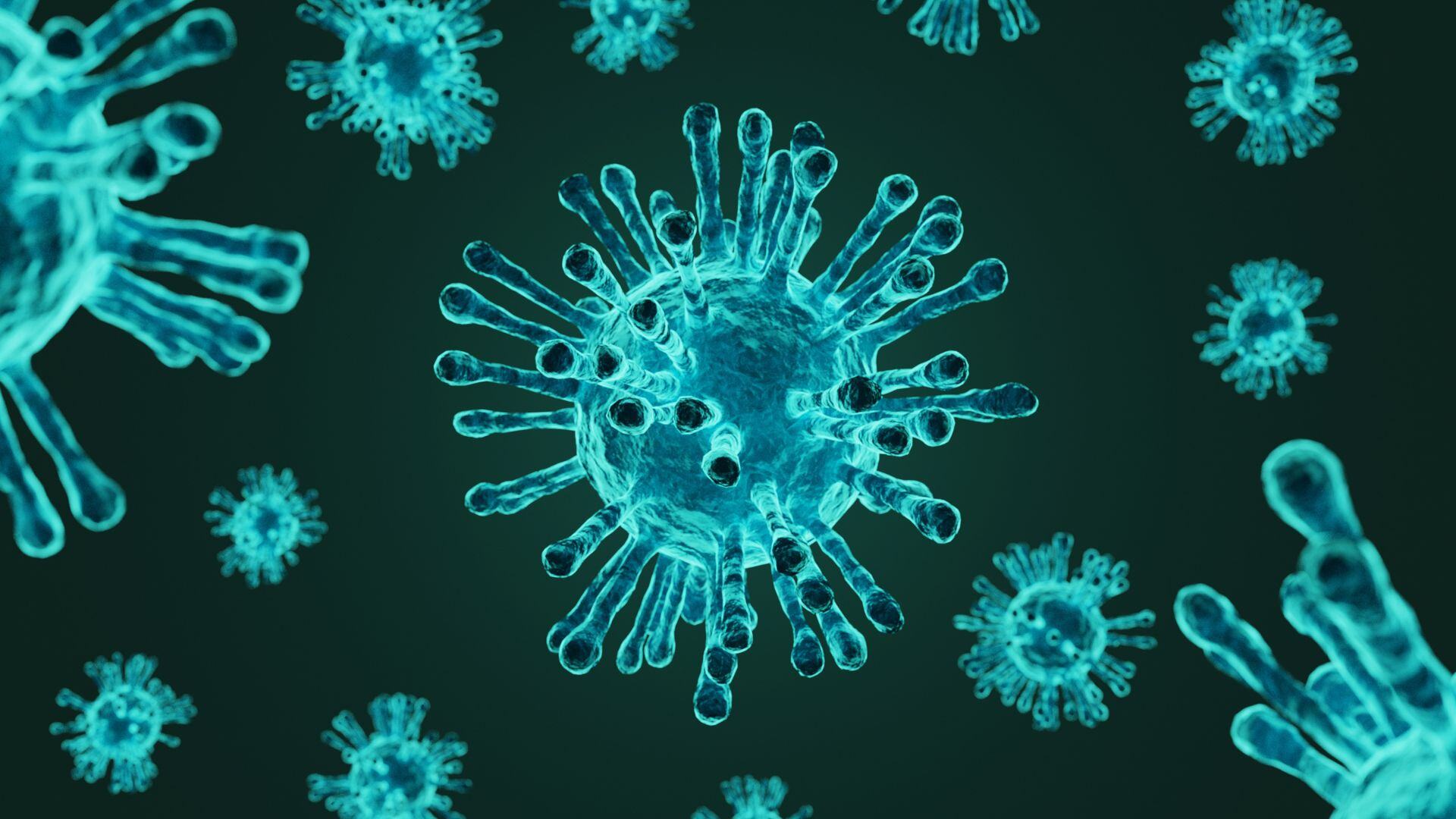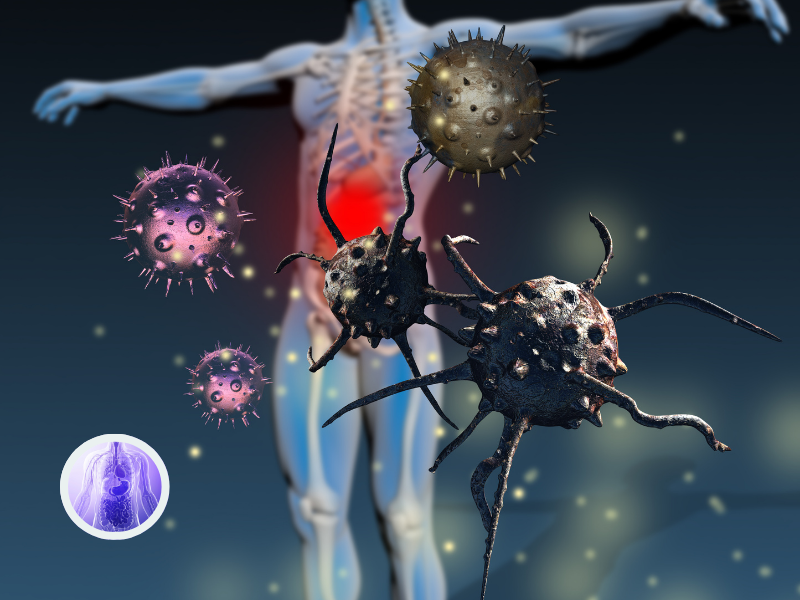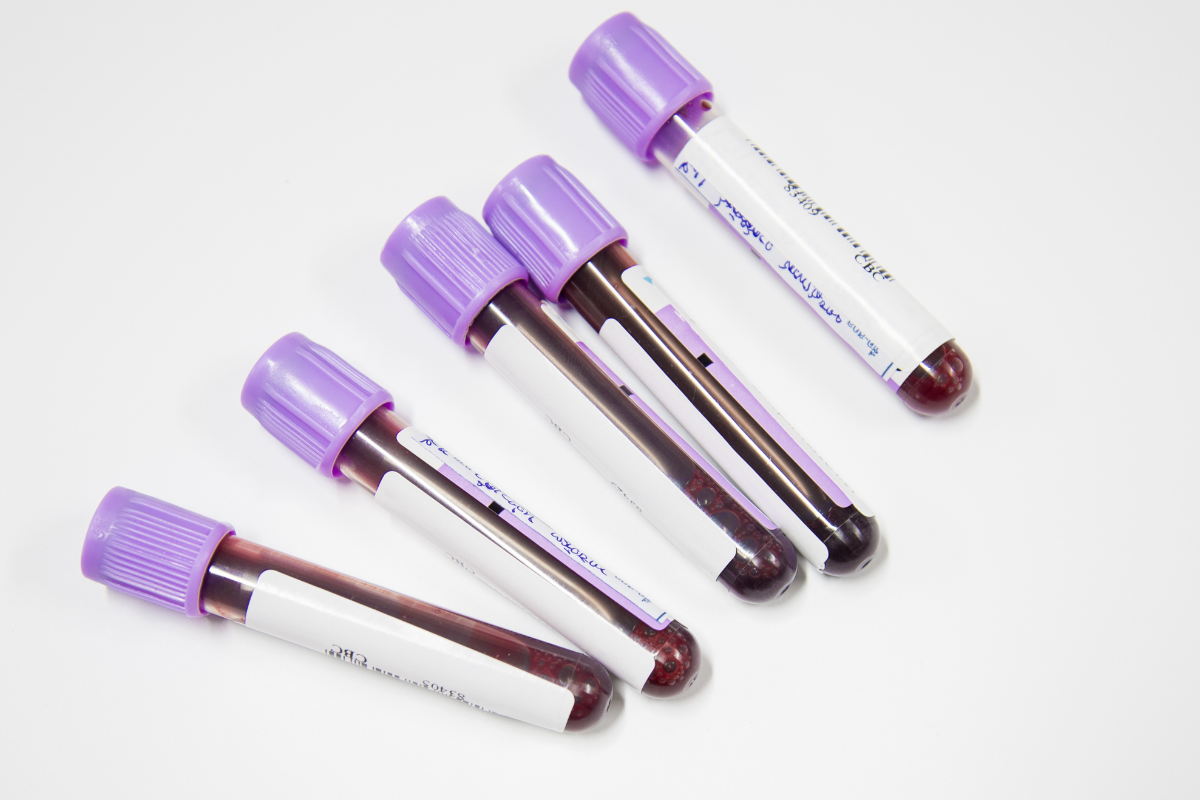Vascular Organoids used to Model the Impact of COVID-19 on Circulation
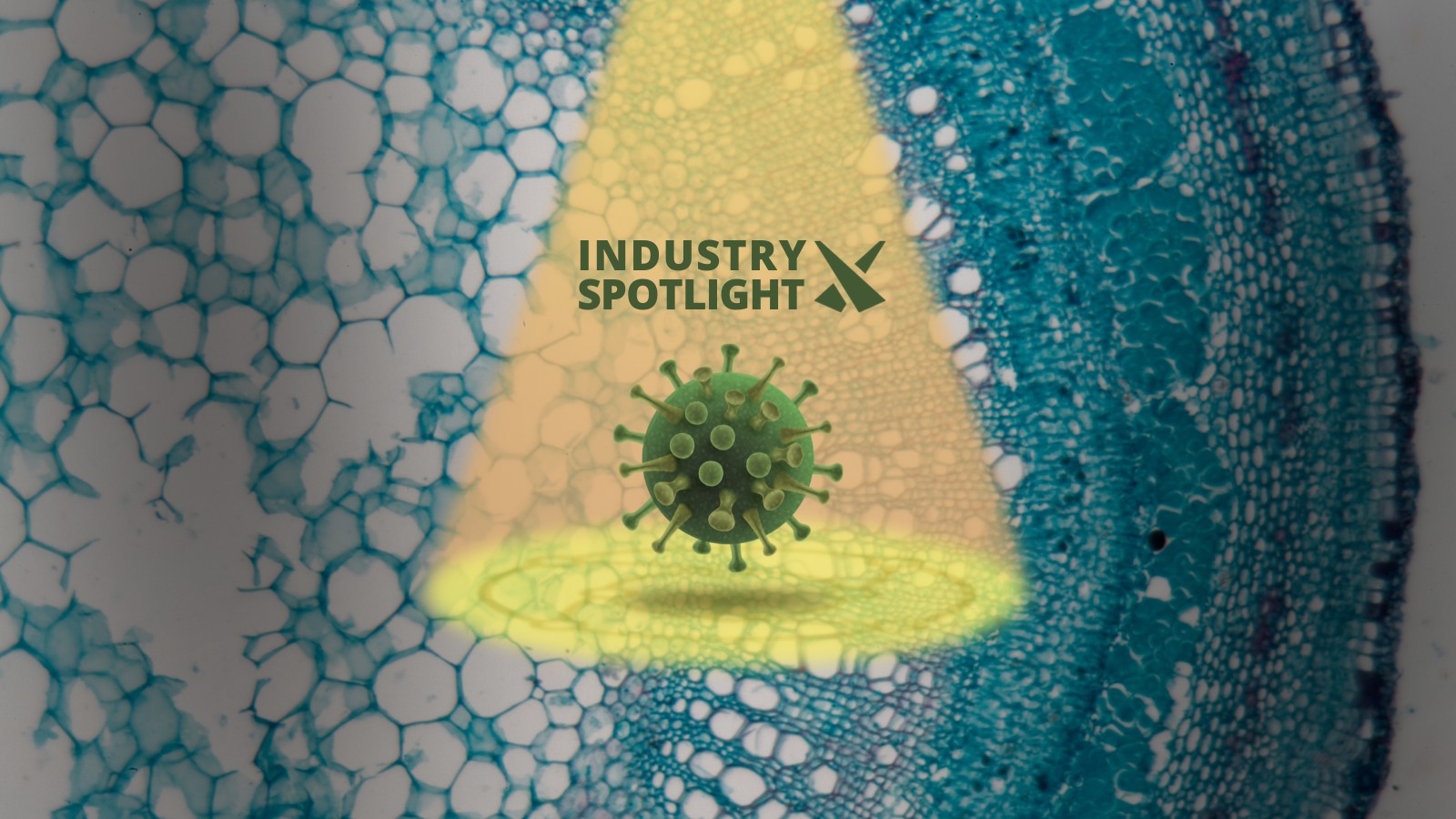
A collaborative effort between Cincinnati Children’s Hospital Medical Center (CCHMC) and Tokyo Medical and Dental University (TMDU) has created vascular organoids to study the effects of COVID-19 on circulation. The researchers, led by Takanori Takebe (of both CCHMC and TMDU), used the organ modelling technique to study the mechanism by which the virus infects the vascular system.
RELATED:
- Cerebral Organoids: the Sci-Fi Organ Model Explaining our Brains
- FDA Can Deem Animal Testing of Drugs No Longer Necessary
- Achieving the Gold Standards of Organ Modelling: Complexity, Robustness, and Reproducibility
Although most people know COVID-19 for its pulmonary effects, the disease also comes with the deadly risk of damage to the cardiovascular system in some seriously ill patients. This can involve deep vein and microvascular thromboses as well as pulmonary embolisms.
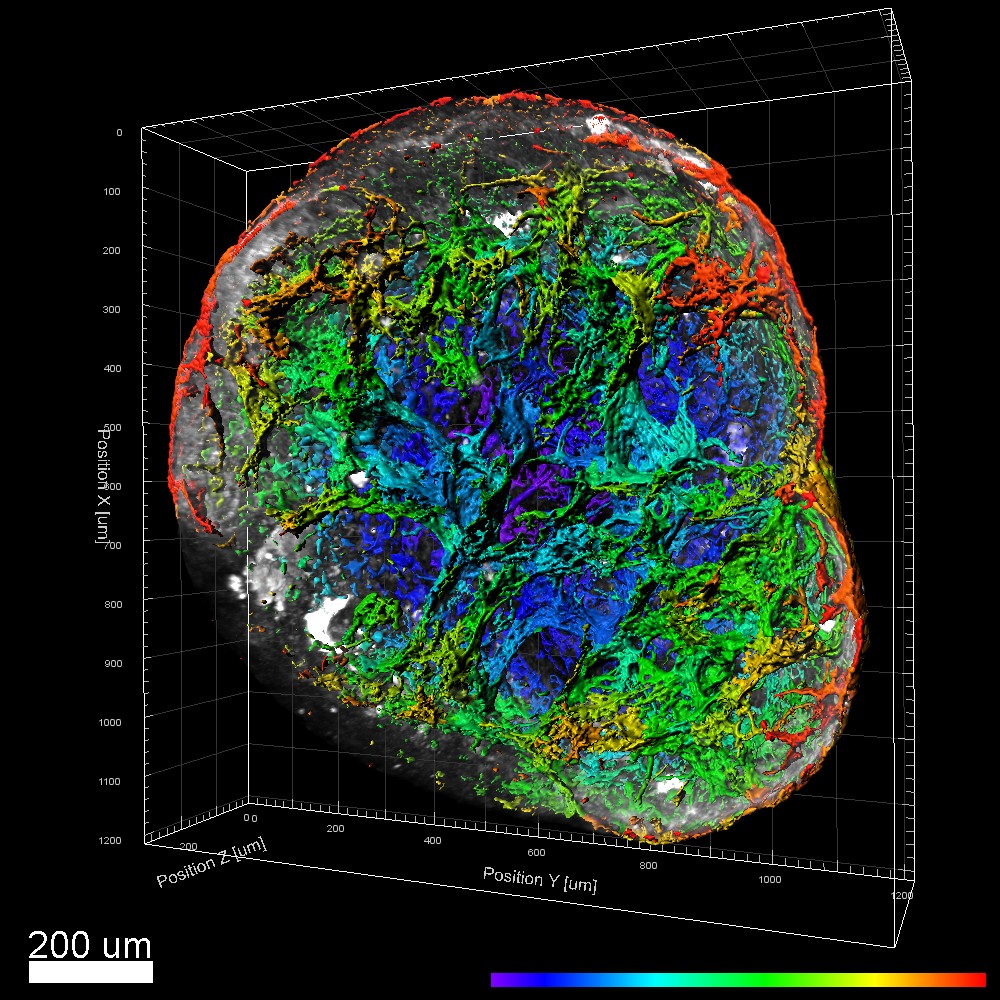
Since the pandemic hit, scientists struggled to understand the mechanisms behind this form of serious covid infection due to the fact that rodent models did not accurately recapitulate the human response to the virus. Therefore, the teams seeking to study this phenomenon in search of therapeutics options have turned to induced pluripotent stem cell-derived (iPSC-derived) vascular organoids (or iVOs) as a model for the human circulatory system.
A longitudinal proteome analysis of acute covid patients’ serum and an analysis of single-cell proteomics data managed to identify a potential target which may play a role in their vascular symptoms. The findings showed that the COVID-19-related symptoms were a result of a deviant amplification cycle which is regulated by complement factor B and D proteins.
To remedy this deviancy, the team set about using a monoclonal antibody which targets complement factor D (CFD) which “mitigated abnormal complement activation, protected endothelial cells, and curtailed the innate immune response post-viral exposure.”
Testing this theory, the antibody therapeutic was then tested on both vascular organoids and macaque monkey models which were infected with COVID-19
“After conducting many proteomic, genetic and other studies, we determined that the severe vascular damage and thrombosis associated with COVID-19 can be mitigated by a long-acting monoclonal antibody that targets the complement amplification cycle regulated by factor D,” said study leader Takebe.
This mitigation proves the concept that by targeting CFD, vascular symptoms can be mitigated. Next, the team want to bring this concept to the clinic with the hopes of their antibody therapeutic one day being used to treat patients
Get your weekly dose of industry news?here?and keep up to date with the latest?‘Industry Spotlight’ posts.?For other Discovery content, please visit the?Discovery Content Portal.





